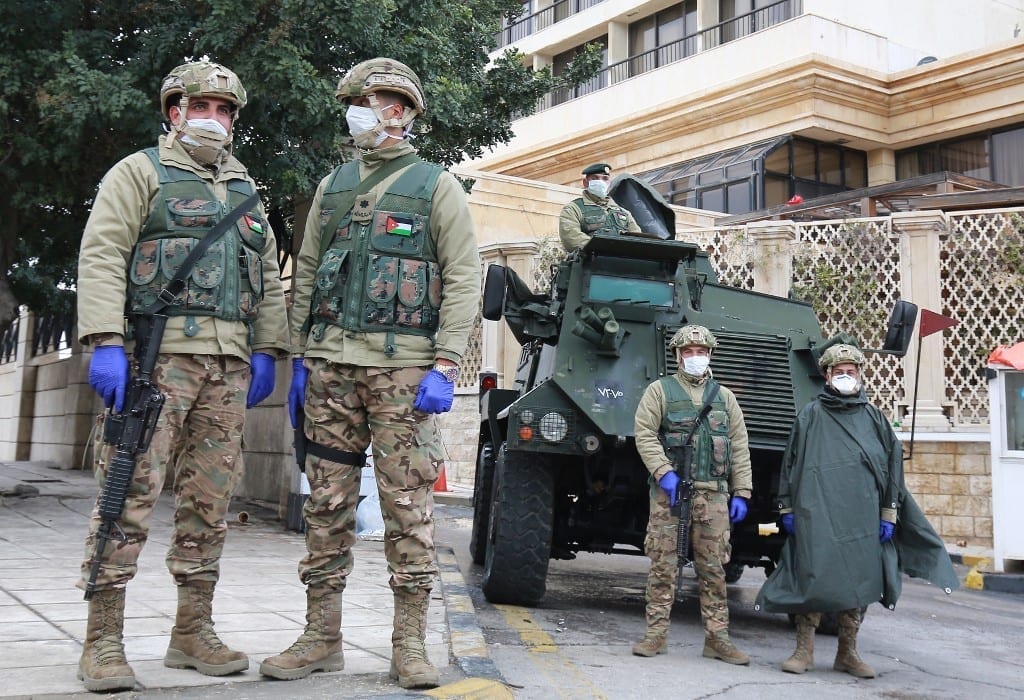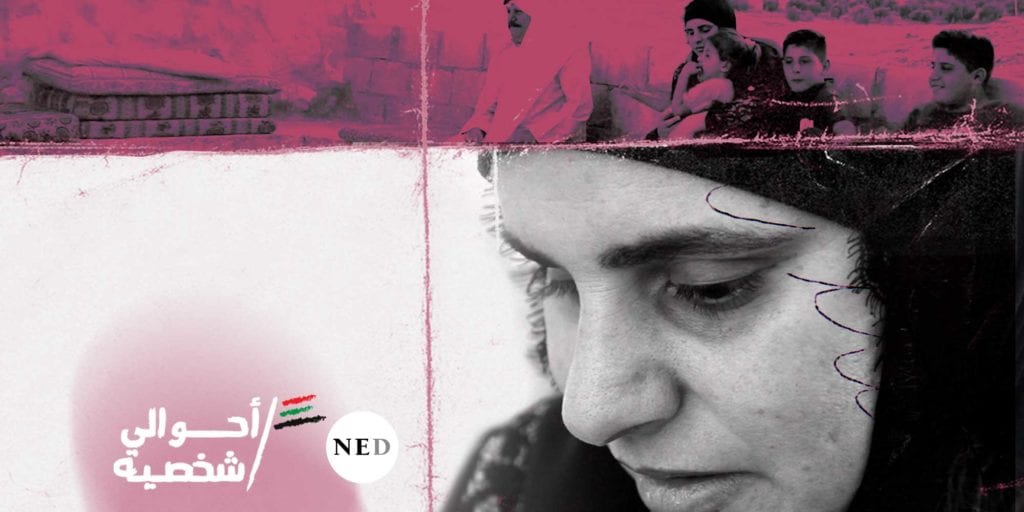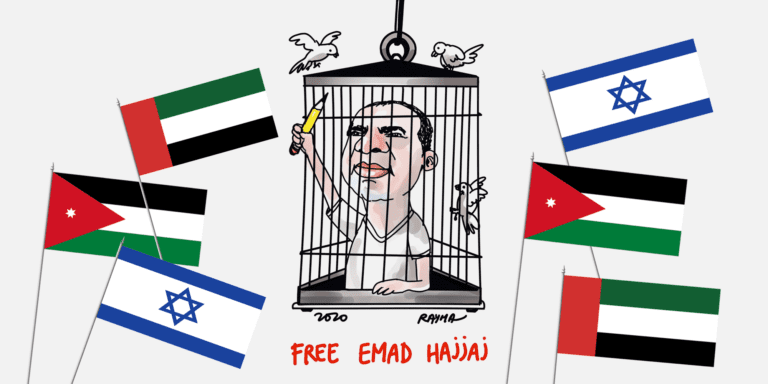“Abdullah will grow up, grow among your ranks, grow among his brothers and sisters from among your children (…). Abdullah will know how his father will be the loyal servant of this family and a faithful soldier in the army of Arabism and Islam.”
This sentence was part of a televised speech delivered by Jordan’s late King Hussein bin Talal in the 1960s, when his son, current King Abdullah II, was still a boy.
One of the virtues of YouTube is that, with a few quick clicks, you can open a rich archive, providing scenes from the past that throw light on such paradoxical moments as the one Jordan is experiencing today.
King Hussein’s video was shown again at an official ceremony in Amman in 2019 when suddenly King Abdullah appeared, watching with emotion as his late father addressed him from the giant screen.
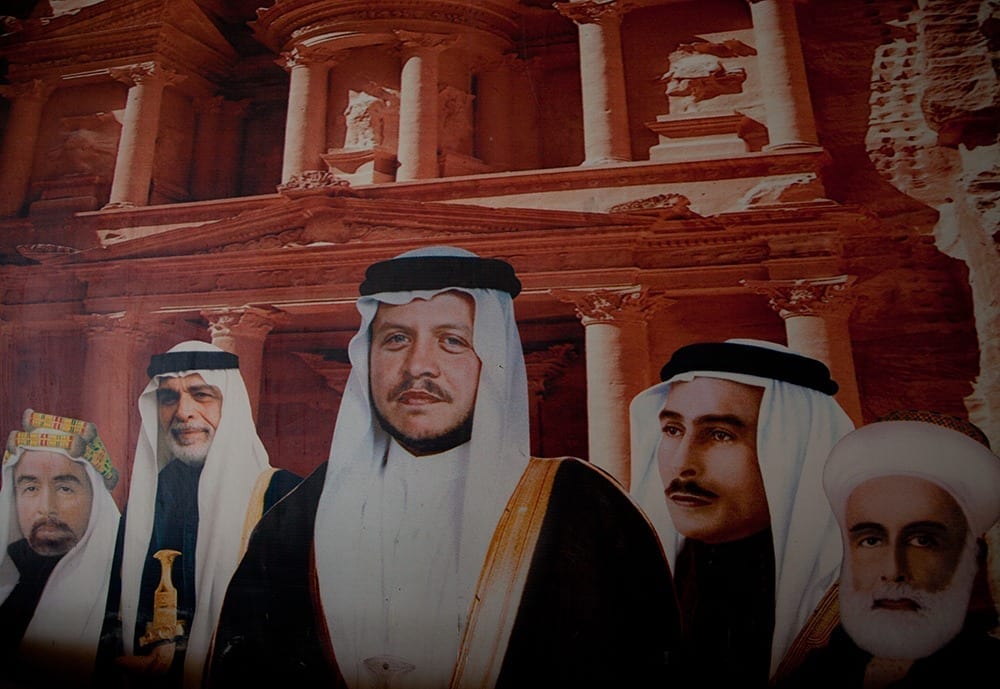
Then he listened to his own son, young Crown Prince Hussein bin Abdullah, addressing him with: “My father and my king, I carried your father’s legacy and followed in his footsteps. You were an example of the Hashemite creation … ”
Thus the royal lineage appears in its official form: a presentation of purity and devotion to family and homeland, with the people as proud spectators, happy with their fathers, children and brothers.
Especially when coupled with a tribal system with regional and international extensions, this narrative often succeeds in drawing a reality that many people perceive as “stability” and a political and historical legacy part of the national identity, as is the case with the Hashemite family, with its deep roots across the region.
This is the image the rulers have consistently portrayed, helped by media and politicians, as a set and unambiguous reality, for which there is no viable alternative.
However, the picture-perfect scene offered by the dynastic ruling families, is frequently cracked by events violating the manufactured image of purity, bringing it back, at times shockingly, to a crude level of realism.
Read Also:
This is exactly what happened in Jordan in recent days. The Hashemite Kingdom was stunned by an alleged conspiracy, with Prince Hamzah as the main accused.
Hamzah, half-brother of King Abdullah, was made Crown Prince when his father appointed Abdullah as his heir shortly before his death in 1999. However, King Abdullah relieved him from that post by appointing his own son Hussein as Crown Prince in 2004.
The presumed purity between the brothers and sons of the Hashemite dynasty, projected by years of images and discourses, made way for a tremendous clash of interests and an intense bitterness that can be summed up in four simple words: the struggle for power.
Suddenly, Prince Hamzah finds himself under house arrest and is banned from media and Internet. Suddenly, the official images of stability spread by the media, have been cracked by leaks, such as the audio tape of the tense conversation between Hamzah and the security official who “asked” the prince to stay home and not go out and not mingle.
Publication of the matter was immediately banned, even via social media.
Princess Haya
Jordan was previously shaken in 2019, when Princess Haya, sister of King Abdullah and wife of Dubai ruler Mohammed bin Rashid, fled with her two children to Britain, where she filed a lawsuit seeking protection for her and her children.
Her case too revealed a hidden side of the story, one only talked about following a leak or by Western media, as for example happened with the disappearance of the Emirati princesses Shamsa and Latifa.
The case of Princess Haya, who was considered the favorite of her later father King Hussein, was met with a resounding official silence in Jordan. Haya has not returned to the Kingdom since her escape, and King Abdullah sufficed with an official visit to the Emirates a few days after the incident, which was said to aim at containing the matter.
Thrones of paper
Jordan is hardly alone in witnessing rifts between brothers and family struggles for the sake of power, regardless of such slogans as “homeland stability” and “foreign conspiracies,” which are the phrases used to which the Jordanian drama has been reduced.
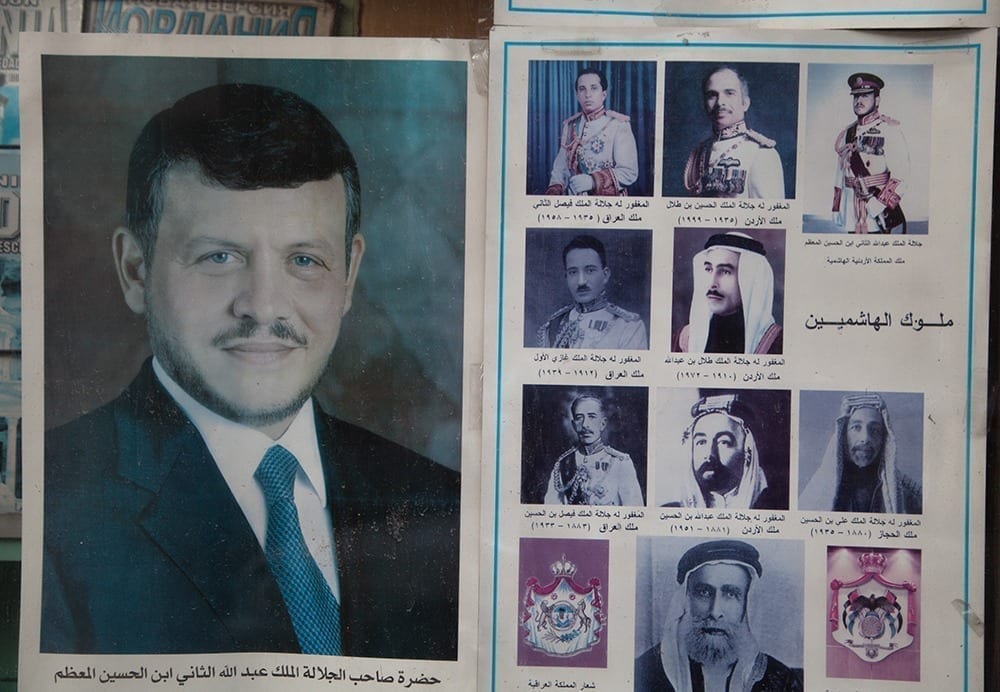

It is true that the possibility of external interference and the interests of regional poles are still in the balance, but looking back at the great vibrations witnessed by the ruling Arab monarchies and families, we will find one reoccurring theme: the relentless pursuit power.
In our region, which has witnessed the worst wars and crises, non-democratic regimes can withstand the many confrontations and fluctuations, as long as their armies and security services are under control, and as long as their reign is controlled by a tight circle of kinship, blood, and mutual interests.
Saudi Arabia and Qatar
The scene closest to memory prior to the Jordanian event happened in Saudi Arabia in 2017, when the current Crown Prince Mohammed bin Salman overthrew his cousin, Mohammed bin Nayef, who was then Crown Prince and Minister of Interior.
The Saudi throne had previously been shaken when in 1975 King Faisal bin Abdul Aziz was assassinated by his nephew Faisal bin Musaid bin Abdul Aziz. That elimination was an eloquent lesson learnt about how relations are shaped within the Saudi ruling family.
It seems Prince Muhammad bin Salman is well aware of the history and reality of his family, as the growing presence of the prince prompted most members of the Allegiance Council in the House of Saud to swear allegiance to him, and thus, when King Salman leaves the throne, he will become the undisputed king.
Mohammed bin Salman has antagonized many Saudi princes, yet he did not face any organized resistance when he took his decisive steps towards ascending the throne.
Of course, no one knows exactly what happened, and happens, within the family, but it seems that the moment to openly oppose him is over, especially now that he has taken control of the keys to the country’s media, security and finance sectors, while he has proven that, if need be, he can be a cruel and bloody man to establish his rule.
Yet, in the public sphere we are offered the image of Mohammed bin Nayef visiting Mohammed bin Salman, bowing to him and kissing his hand. Meanwhile, he is removed from the scene completely, as the latter only deepens his influence and authority.
What exactly happened with the Saudi princes at the Riyadh Ritz-Carlton Hotel will exclusively remain subject to leaks in the Western press. Locally, it will remain a story of sweet words and expressions of complete loyalty to the young prince and the homeland.
In the vicinity of Saudi Arabia, other kingdoms and countries have witnessed no less dramatic family conflicts that were no less dramatic. Take the scene of Qatari Crown Prince Hamad bin Khalifa Al Thani swearing allegiance to his father in a military parade by saying: “I renew the pledge to your Highness in name of the valiant forces whose leadership you honor me to preserve the integrity of the weapons in our hands.”
But in 1995 the same son turned against his father when the latter left the country for a trip abroad. He carried out the bloodless coup that toppled his dad. The deposed “Father Emir” tried to regain his reign in a failed counter-coup in 1996, while Emir Hamad in 2013 handed power to his son Tamim.
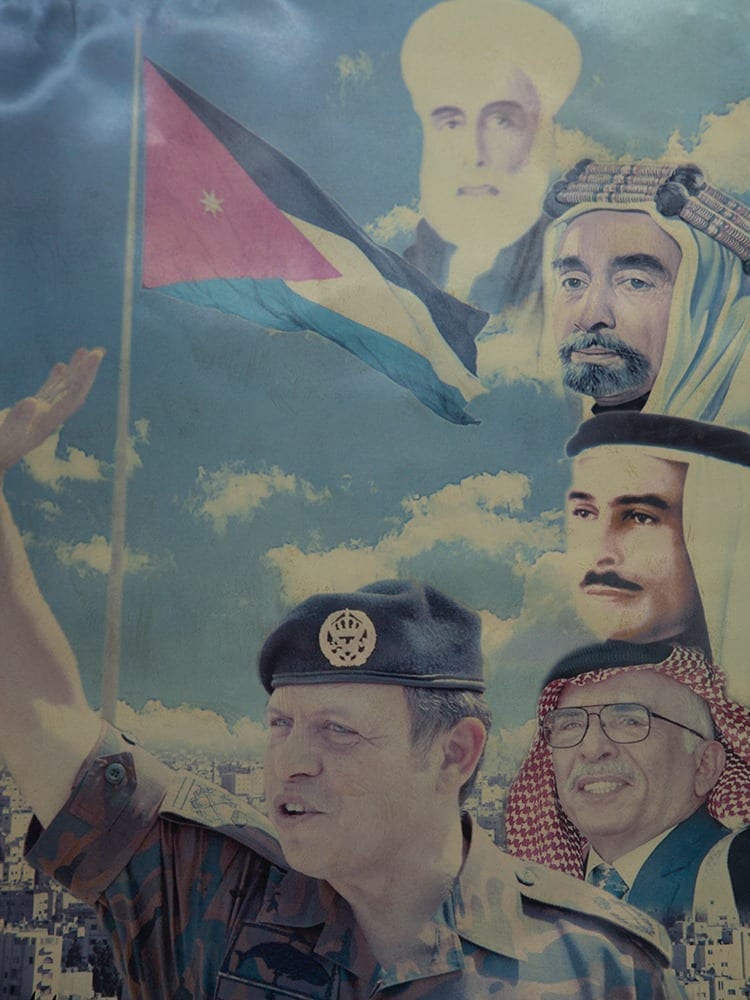

Not only kings
Countries rich and poor are equal in terms of establishing systems of kinship, in which the citizen only communicates with his surroundings and society, through the mediation of the king, the prince, the ruler and his sons.
This is not limited to the Arab monarchies and Emirates. The late Syrian President Hafez al-Assad did the same thing by handing power to his son Bashar, as Saddam Hussein did to his son Uday, Muammar Gaddafi to Saif, Hosni Mubarak to Jamal, and Ali Abdullah Saleh to Ahmed.
The attempts to do so never stopped. Their completion was at times only prevented by either the fall of the regime or the death of the ruler.
Returning to the current consternation in Jordan, it seems it was seemingly folded through the mediation of the uncle, Prince Hassan, who himself was Crown Prince before King Hussein removed him for the benefit of his son Abdullah a few days before his death. Today he is mainly exercising a role in securing the continuation of the system of government as the current king sees fit.
Meanwhile, as the official narrative about “homeland stability” and “the heritage of the Hashemite family” as promoted by the media is well underway, Jordanians gather in heated online Clubhouse discussions about what really happened amidst an overwhelming sphere of bitterness.
This is an issue that is supposed to be at the heart of public debate, as it is basic right of every citizen to know what happens at this level of government. And if there truly are traitors and secret agents, then who are they? And what are their plans? And, most importantly, where is justice in all of this?
The struggles for thrones, and the rifts in the ruling families, are part of a drama, in which the personal is mixed with the political. It is a subject extremely difficult to deal with directly and transparently. If not, we would have already seen the The Crown in multiple Arabic formats on Netflix.
Read Also:

